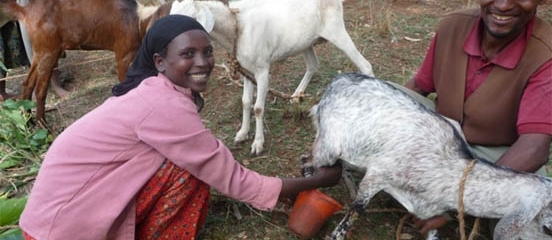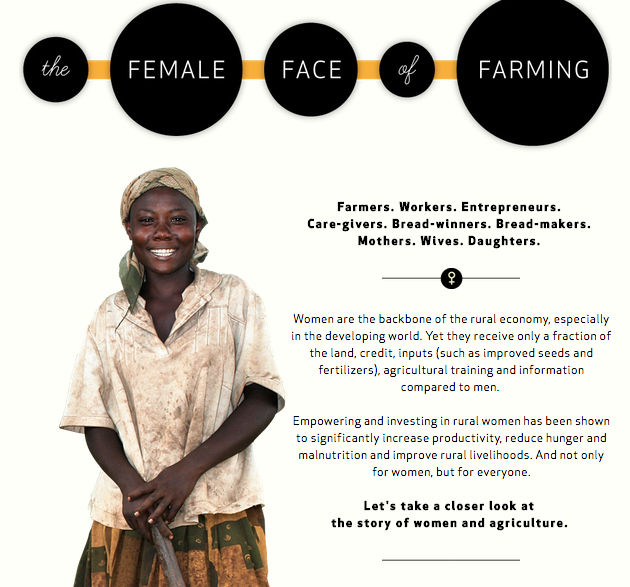To celebrate the 2014 International Year of Family Farming, Farming First has curated a list of 13 inspiring stories of women’s empowerment as heads of rural family farms, from our 130+ supporter organisation base. It is the first in our brand new series of content mash ups.
Women account for 60 to 80% of smallholder farmers in the developing world. Yet in sub-Saharan Africa, only 15% of landholders are women, and they receive less than 10% of credit and 7% of extension services. Policies that address gender inequalities could lift 150 million people out of hunger. How can women be empowered to make this estimation a reality?
1. IDE: Veronica Builds a House… With Tomatoes
Veronica Sianchenga was one of the first in her village to buy the Mosi-o-Tunya, a locally manufactured treadle pump developed by iDE Zambia in response to the needs of local customers. It costs less than imported pumps and produces a higher output because it was designed for the specific local topography of rural Zambia. Using their Mosi-o-Tunya, Veronica’s family has already started reaping the benefits of additional income from irrigated produce thanks to iDE’s links to wholesalers and caterers in Livingstone. More
http://www.youtube.com/watch?feature=player_embedded&v=GvoW8qVdcAc
2. IFDC: Using Vegetables to Increase Gender Equity in Bangladesh
IFDC has been active in Bangladesh for over 35 years – assisting farmers to increase productivity, advocating for enabling policy environments and introducing new productivity-enhancing technologies such as fertilizer deep placement. Now, IFDC’s focus reaches beyond rice production to fruit and vegetable crops – an area deemed to be almost exclusively the domain of women. Helping women improve the productivity of more nutritious, high-value products such as vegetables and fruits not only increases family income but also promotes ground-level nutrition by increasing the amount of healthy food available for home consumption. More
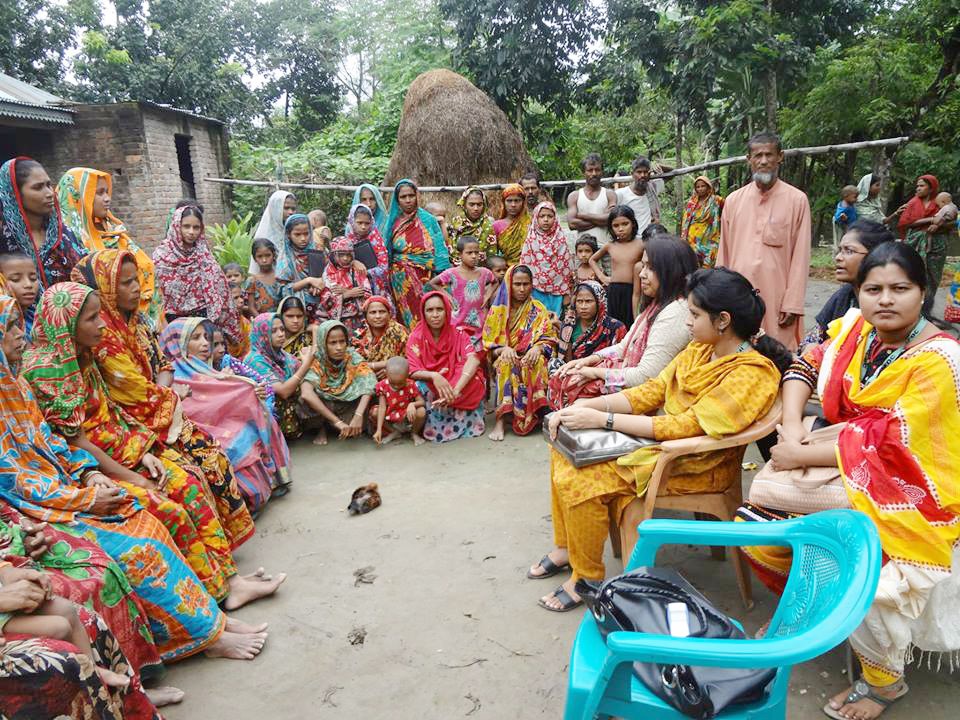
3. TechnoServe: Guatemalan Women Launch Successful Nut Product Business
TechnoServe is helping a group of Guatemalan women to harvest, process and commercialize Ramon nut food products. “Alimentos NutriNaturales” has offered hope to many poor women in the community – hope that they could bring in extra incomes for their families and take on new responsibilities outside the home. More
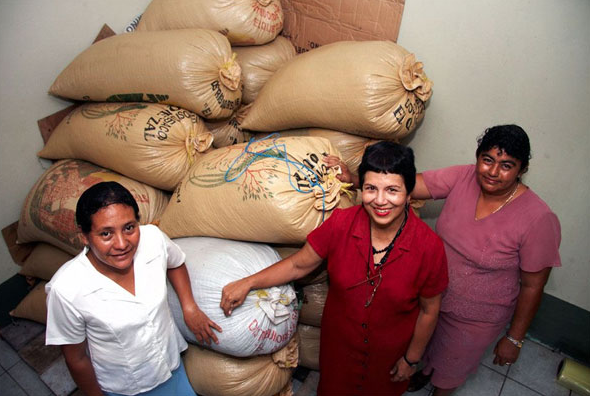
4. FANRPAN: Women Accessing Realigned Markets (WARM) Project Uses Theatre to Give African Women Farmers a Voice
FANRPAN‘s Women Accessing Realigned Markets (WARM) Project seeks to strengthen women farmers’ ability to advocate for appropriate agricultural policies and programmes. The project uses an innovative tool, Theatre for Policy Advocacy, to engage leaders, service providers and policymakers, encourage community participation, and research the needs of women farmers. The project in pilot sites in Malawi and Mozambique. More
http://www.youtube.com/watch?v=oKT_BaINnpw
5. One Acre Fund: Carolyn Lunani Increases Her Acreage Six-Fold
Twenty-eight-year-old Carolyn Lunani farms four acres of land, where she plants beans, peanuts, bananas, sweet potatoes, trees and other vegetables. In 2009, she joined One Acre Fund, who provide farmers with a service bundle that includes seed and fertilizer, credit, training, and market facilitation. With the extra profits she has earned since joining One Acre Fund, Carolyn has bought a cow and constructed additional rooms on her land that she rents.
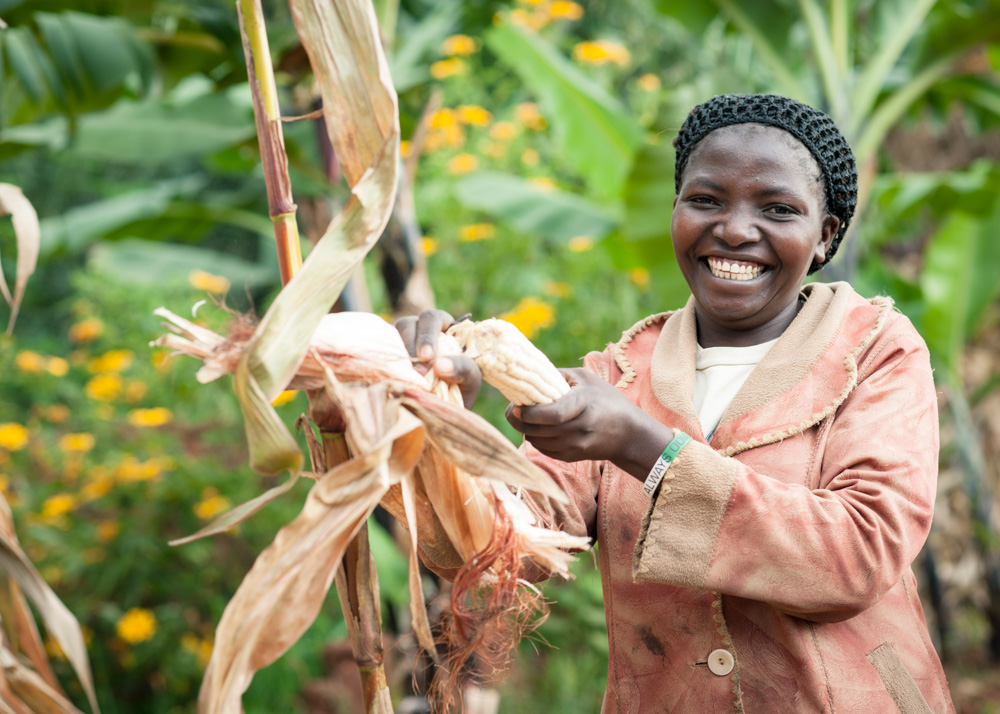
Photo courtesy of One Acre Fund/Hailey Tucker
Click here to download a photo essay on Carolyn Lunani from One Acre Fund
6. International Plant Nutrition Institute: Helping Indian Women Self Help Groups Make the Right Fertilizer Decision
In South Asia, 90 percent of smallholder farmers using fertilizer do not achieve optimum crop yields due to a lack of access to soil testing services. In response to this information gap, the International Plant Nutrition Institute (IPNI) South Asia Program developed the Nutrient Expert® decision support tools in partnership with MAIZE CRP to provide location-specific fertilizer recommendations for farmers growing maize and wheat. More
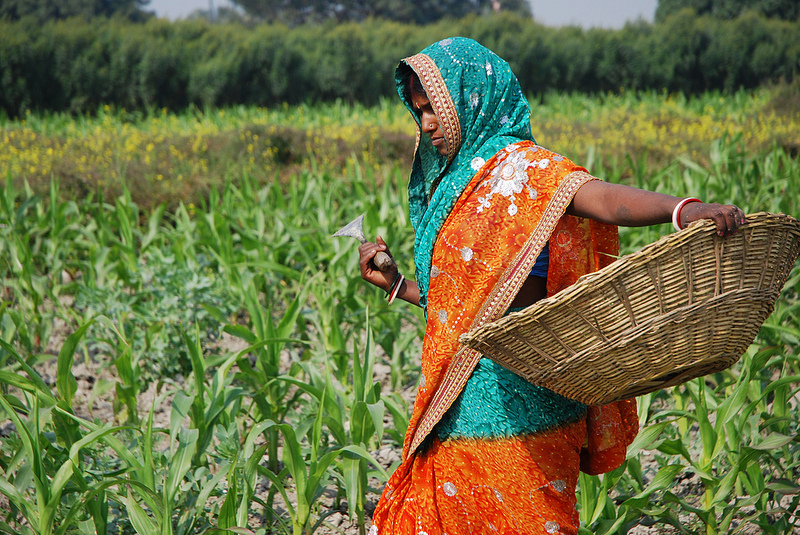
Photo courtesy of CIMMYT
7. Self Help Africa: Banana Boom for Zambian Women
Christine Mwale predicts that the income of women in her village can double when they become full-time suppliers to the new Banana Enterprise Project being supported by Self Help Africa in Nyimba, Zambia. Established by Self Help Africa in collaboration with Nyimba District Farmers Association, the project will buy banana from 600 women farmers with small plantations in the area. More.
8. Farm Africa: Working with Women in Ethiopia to End Poor Nutrition
Before joining Farm Africa’s project in Tigray, Zemansh and her family had no assets or resources and worked as labourers to get some money to buy food. They were lucky to eat one meal a day. Farm Africa provided Zemansh with two goats and training in goat management and breeding. More
9. World Farmer’s Organisation: Why Women Farmers are Part of the Climate Change Solution
Filmed at COP19, held in Warsaw in 2013, Susan Carlson, Chairperson of the Women’s Committee of the World Farmers Organisation explains how women farmers can be a part of the solution for both food security and climate change, if they are given equal access to knowledge and technologies. More
10. African Enterprise Challenge Fund – Mariam Kamo’s Cocoa Farm in Sierra Leone Goes from Strength to Strength
Mariam Kamo inherited a large cocoa plot when her husband died , and manages it with her tw sons. Biolands Intl., Africa’s largest exporter of organic cocoa, has been working with smallholder farmers in the Mbeya region since 1999, providing training, technical advice, supplies of seedlings and pruning equipment. Mariam now gets a much higher price for the coffee she produces and can pay the school fees for her four grandchildren. More
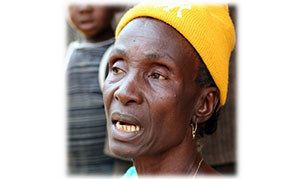
11. Fintrac: Helping Esther Fatachi to Turn Chillis into Cash
The Zimbabwe Agricultural Income and Employment Development program (Zim-AIED), in partnership with Better Agriculture, has worked with smallholder farmers at Tshovani, Zimbabwe to diversify from low yielding crops to produce African Birds’ Eye chillies. With input loans and training, farmers like Esther Fatachi saw their profits soar. Esther earned more than $5,000 after selling her produce, with which she purchased a residential stand at a nearby business centre, a water pump, and paid school fees for her grandchild. More
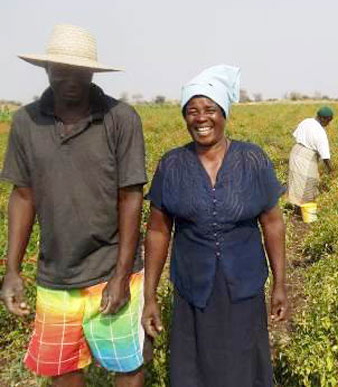
12. Panaac: Linking Women’s Co-operatives to Market in Kenya
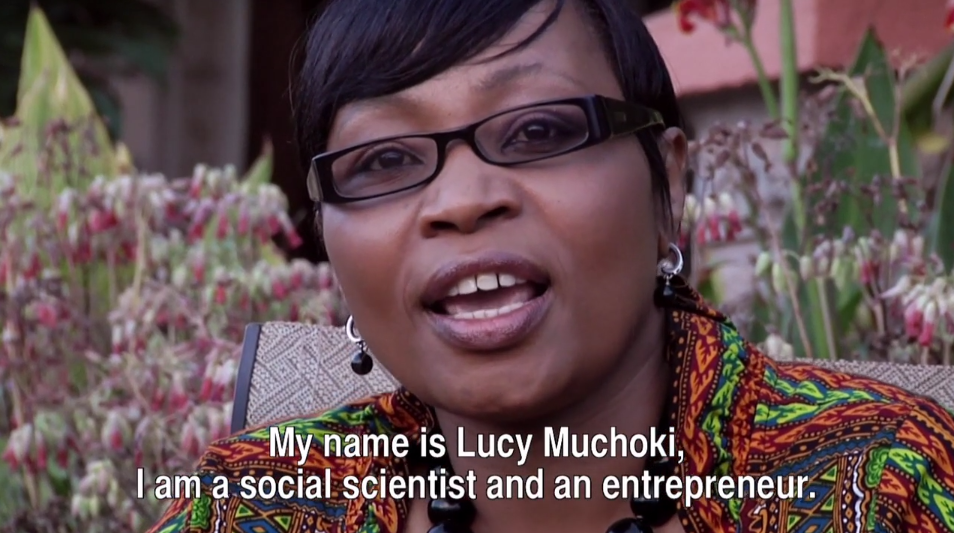
Lucy Muchoki of the Pan African Agribusiness and Agroindustry Consortium owns a business in Nairobi, Kenya and engages women’s co-operatives to grow the raw crops she needs to process the herbal products she sells. Watch the video here.
13. Farming First Compiles Evidence for Investment in Female Farmers
Farming First partnered with FAO to raise awareness of the gender gap in agriculture, and the impact that closing that gap would have. To explore the award-winning infographic “The Female Face of Farming” in full, click on the image below.
